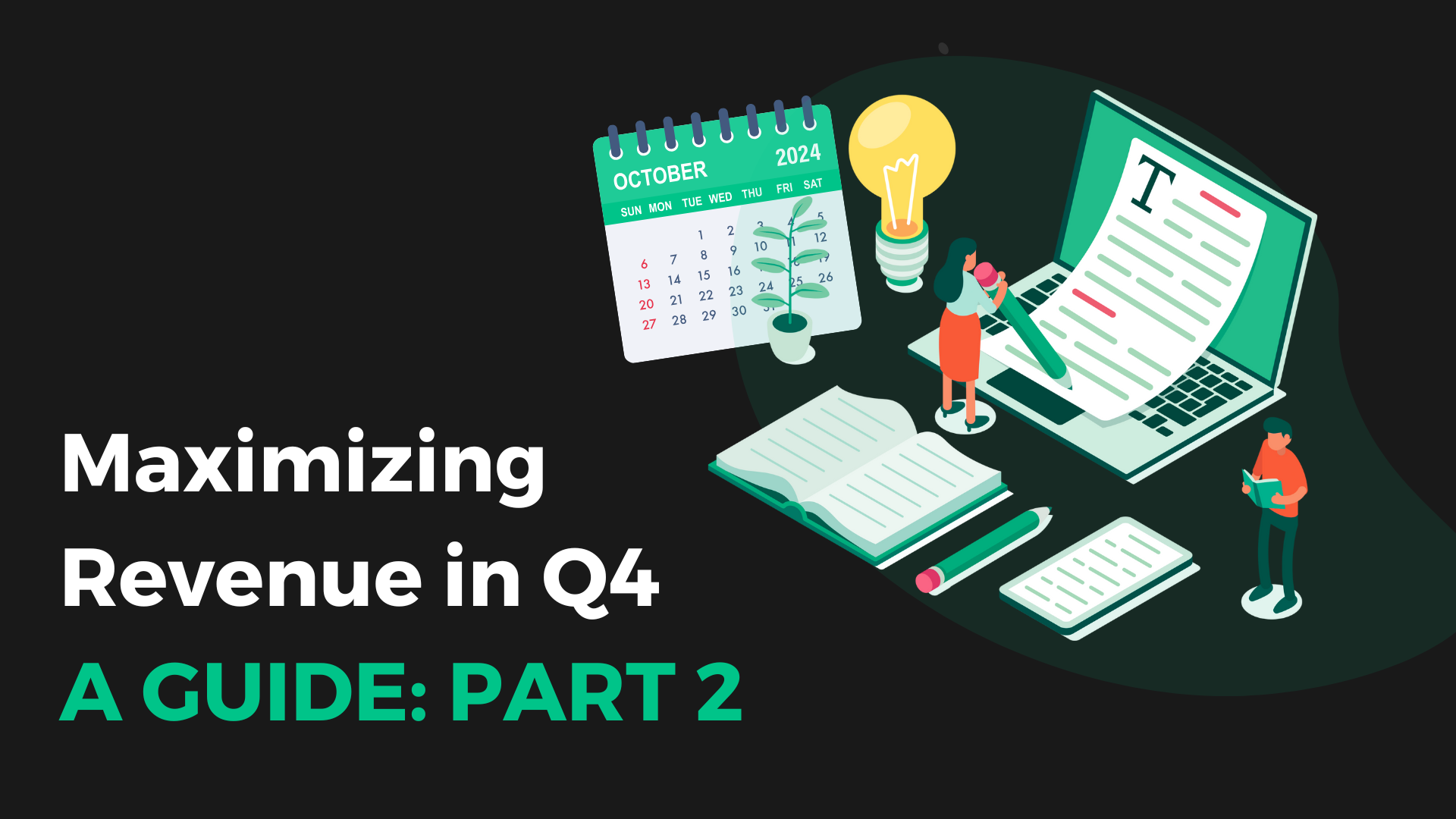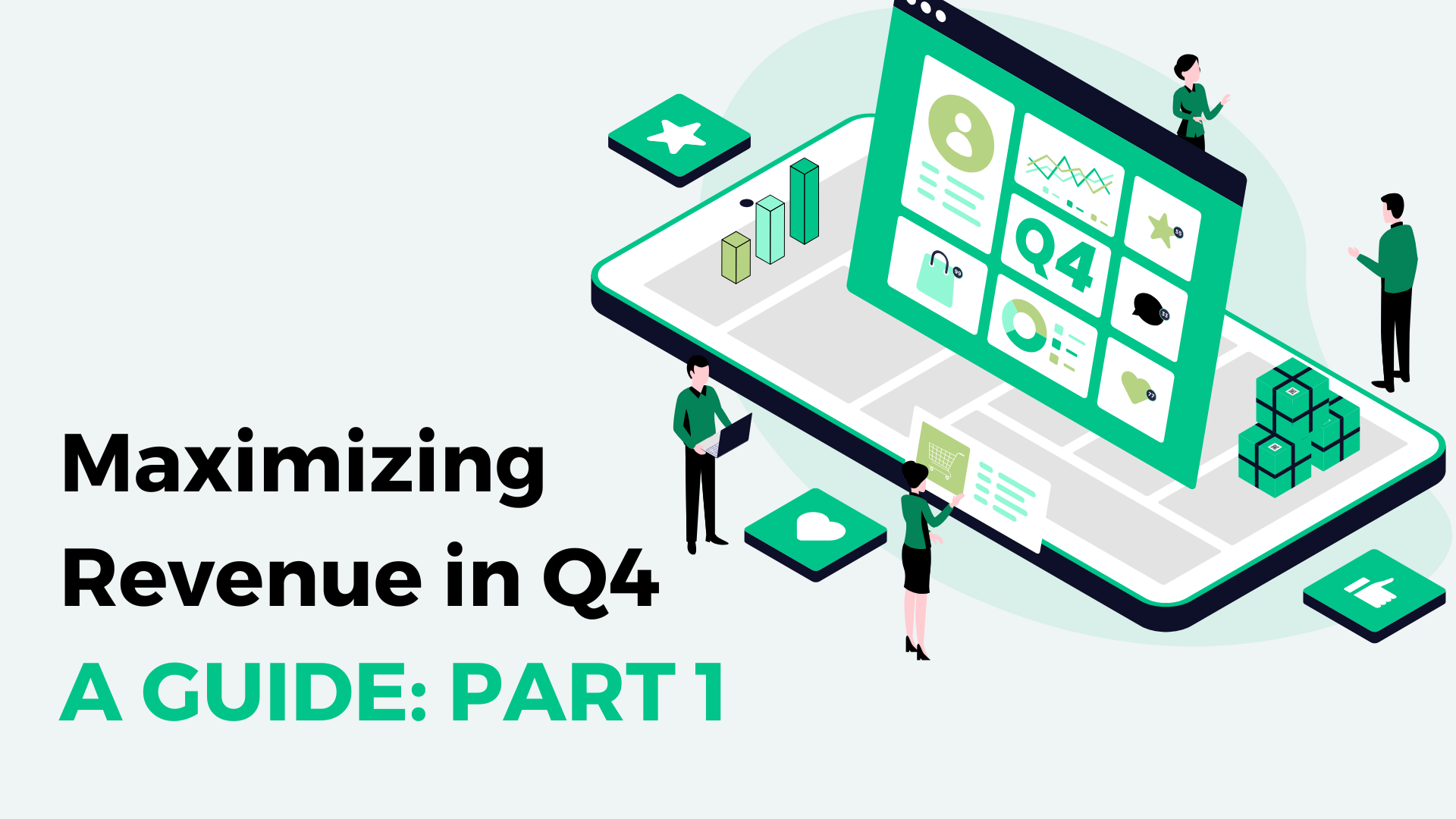Somewhere on the Most Frequently Asked Questions By Publishers list is the question of blocked keywords. What keywords or phrases should be avoided in the content they publish so that CPMs aren’t lower than average?
The list they’re asking for is usually customized to the brand, but even if I really searched and eventually found my old and generic list of most frequently blocked keywords, is this the right approach to the question? Let’s dive deeper into the topic of blocked keywords, from the lens of a publisher.
What Are Blocked Keywords
Blocked keywords are terms or phrases that an advertiser does not want their creative to appear next to. When ad technology identifies webpages including the blocked keywords, that advertiser can choose to either not bid for placement on your article at all, or maybe bid a lower price.
Here are several examples of why they do this:
1. They don’t want to appear near a competitor, so competitor names often make the list.
2. They want to avoid appearing near topics that evoke sad emotions, so an advertiser might block keywords like “disaster”, “flood” or “cancer”. On the flip side, cancer awareness campaigns would have “cancer” on their list of keywords to target.
3. A brand may not want users associating them with a political affiliation so they block both “democratic” and “republican” party terms.
4. Many advertisers may not consider it on-brand to appear near content that’s sexually explicit, NSFW or for mature audiences only. In that same arena, there are times when a brand wants to prevent appearing to a younger demographic, such as an alcohol brand.
Blocklist orders are typically fulfilled either by the ad provider themselves, or by a third-party brand safety vendor, via technology that scans the page to understand both the words that appear and the context they appear in.
The average user may not understand the complexities of a rogue ad never slipping through. It’s going to happen, at which point the necessary parties step in to block whatever company is in violation.
But Why Do Content Creators Care?
It makes sense to why this is a big deal to advertisers, but publishers willing to modify a content strategy to appease them, that was something new. Somewhere in the late twenty-tens, the blogosphere latched on to this concept to the extreme.
For news publications, there’s never been serious consideration to adjust strategies, news is news, and their job is to report it. But all of a sudden, lifestyle content on the latest “killer” dress trend, or that DIY bath “bomb”, or a “sex” on the beach recipe had bloggers concerned that their pages would no longer garner the RPMs the way they normally do.
It’s always been wise for publishers to care about writing quality content, about user experience and page speed, but writers and editors take pride in bringing unique and edgy voices into digital. People writing about paint “gun” courses and the Tower of “Terror” were wondering if their content strategy was hurting them.
Does this matter anymore or can we all move past this topic?
How Pubs Should Respond in 2022
We continue to encourage publishers to post the content their audience desires, without stringent concern for the here-and-there insertion of commonly blocked keywords. One major difference between then and now is that the technology is more sophisticated.
It took advancements in natural language processing (NLP) for ad tech vendors, (computer systems of all kinds, really) to better understand that a cherry “bomb” is in fact, not talking about a real “bomb”, and the mention of Meghan, Duchess of “Sussex”, isn’t the same as “sex” trafficking. NLP is largely reliant on surrounding content.
By all accounts, ads still load on pages that have these keywords. The RPM may be a tad lower, but other factors are at play that will probably prevent you from knowing the true impact.
Sure, certain advertisers may choose not to run display next to your delicious new cherry bomb recipe, but your audience loved it so much the post got twice as much traffic as your average posts, therefore generating more revenue than normal. See what I mean?
Use discretion as a business owner when using swear words, or covering more risqué topics. But at the end of the day, if you feel a disservice to your audience by avoiding, then don’t.
Audience over advertisers.




